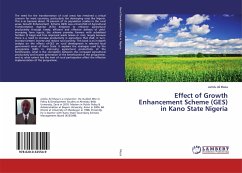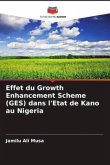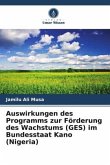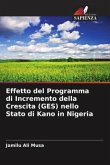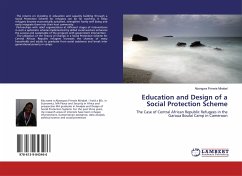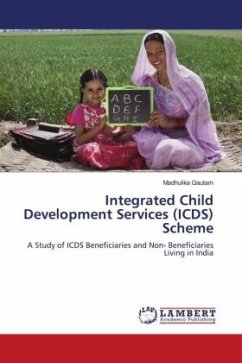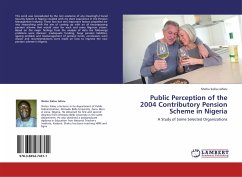The need for the transformation of rural areas has remained a critical concern for most countries, particularly the developing ones like Nigeria. This is so because about 70 percent of its population resides in the rural areas. Growth Enhancement Scheme (GES) was a brainchild of Agricultural Transformation Agenda (ATA) designed to enhance agricultural productivity through timely, efficient and effective delivery of yield-increasing farm inputs; the scheme provides farmers with subsidized fertilizer (2 bags) and free improved seeds (maize or rice), largely because there is a need to increase productivity in agriculture that shall, in turn, increase farmers' income and reduce rural poverty. This book is an in-depth analysis on the effects of GES on rural development in selected local government areas of Kano State. It explains the strategies used by the programme (GES) in improving agricultural productivity of the beneficiaries, what is the correlation between this increased agricultural productivity and income generation of the beneficiaries of the programme, and to what extent has the level of rural participation affect the effective implementation of the programme.
Bitte wählen Sie Ihr Anliegen aus.
Rechnungen
Retourenschein anfordern
Bestellstatus
Storno

